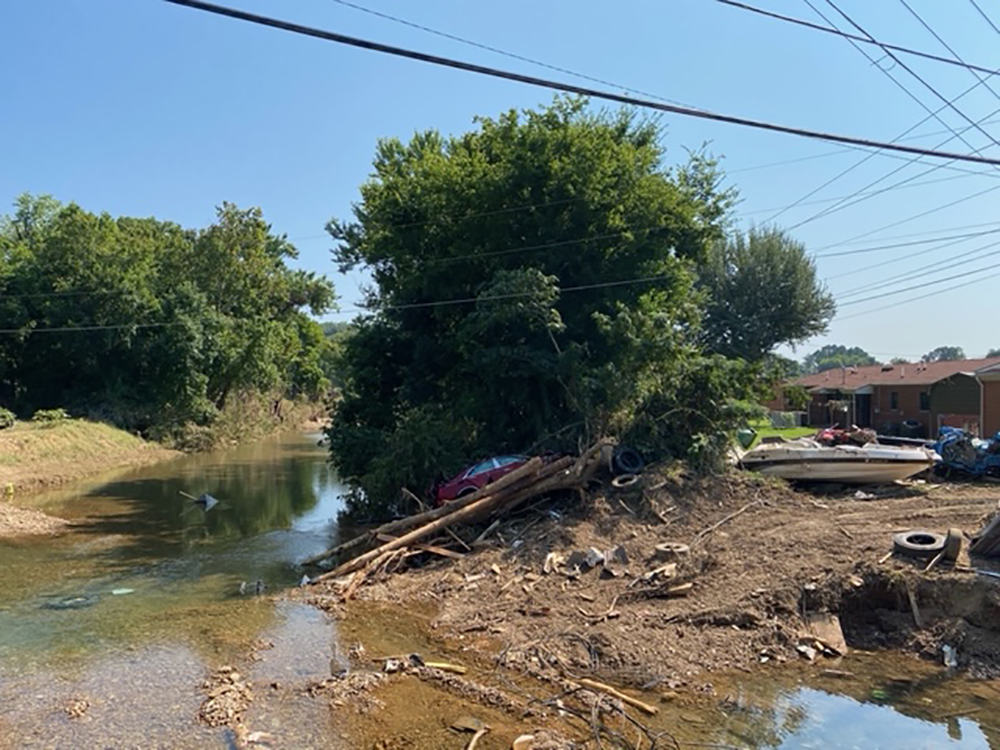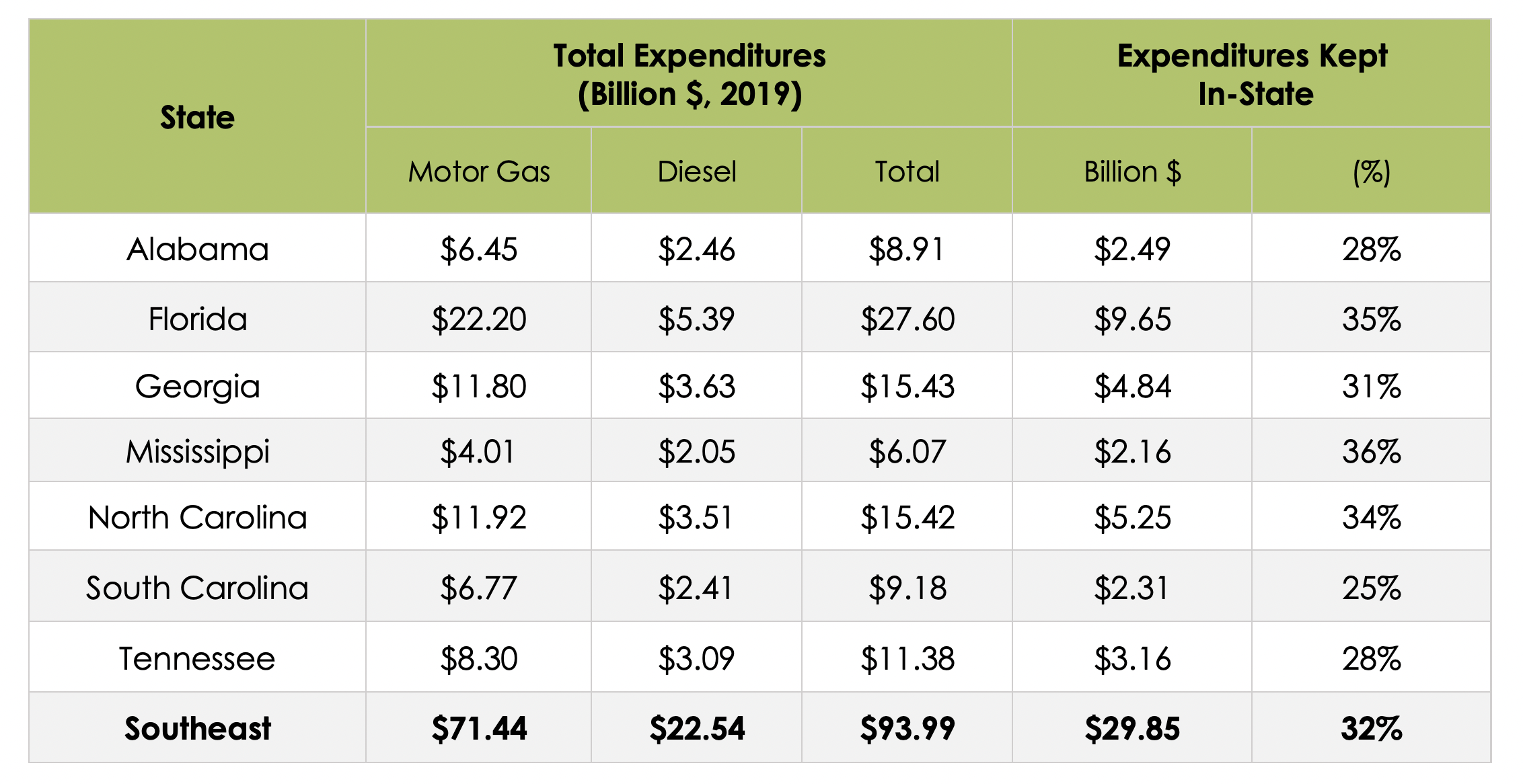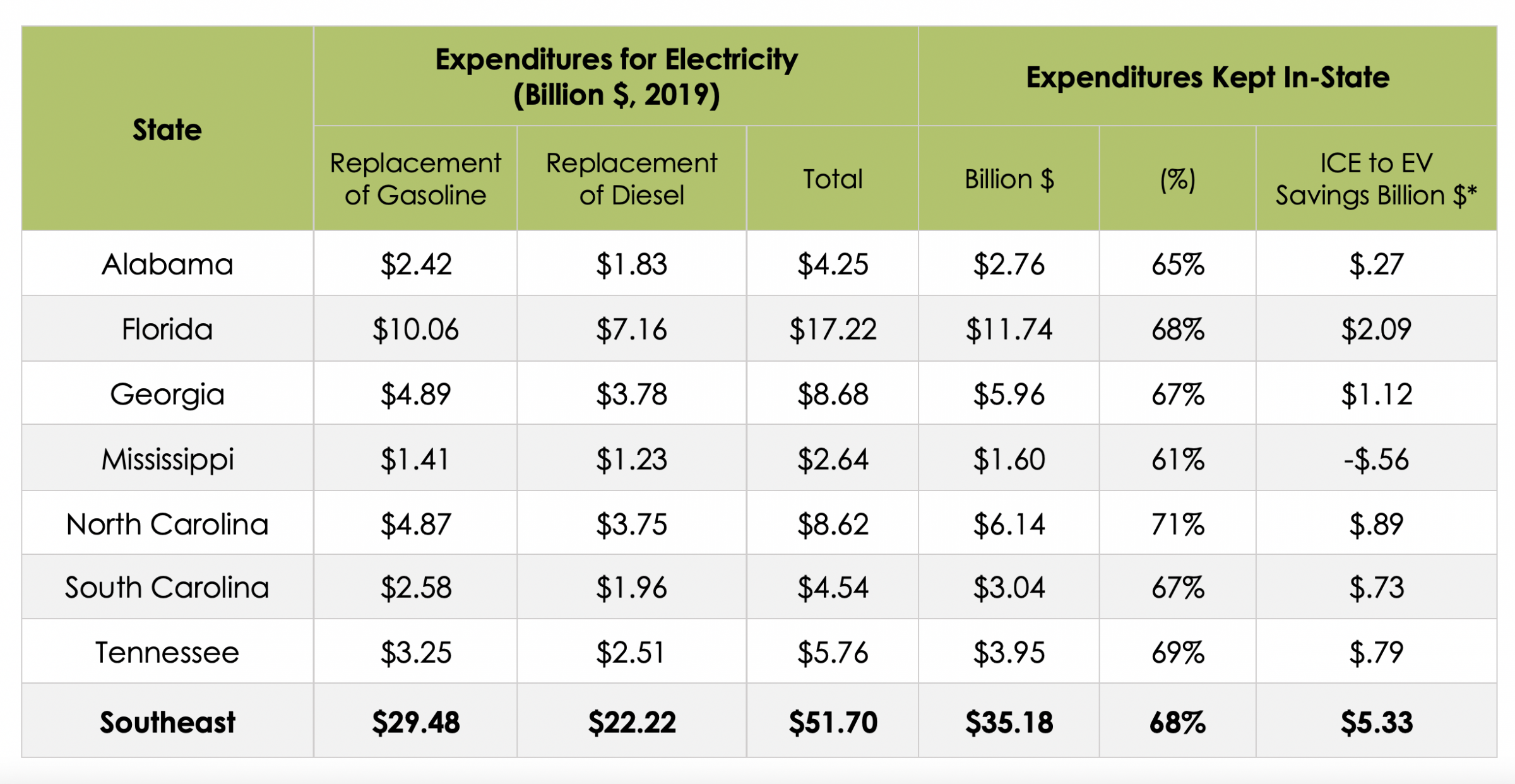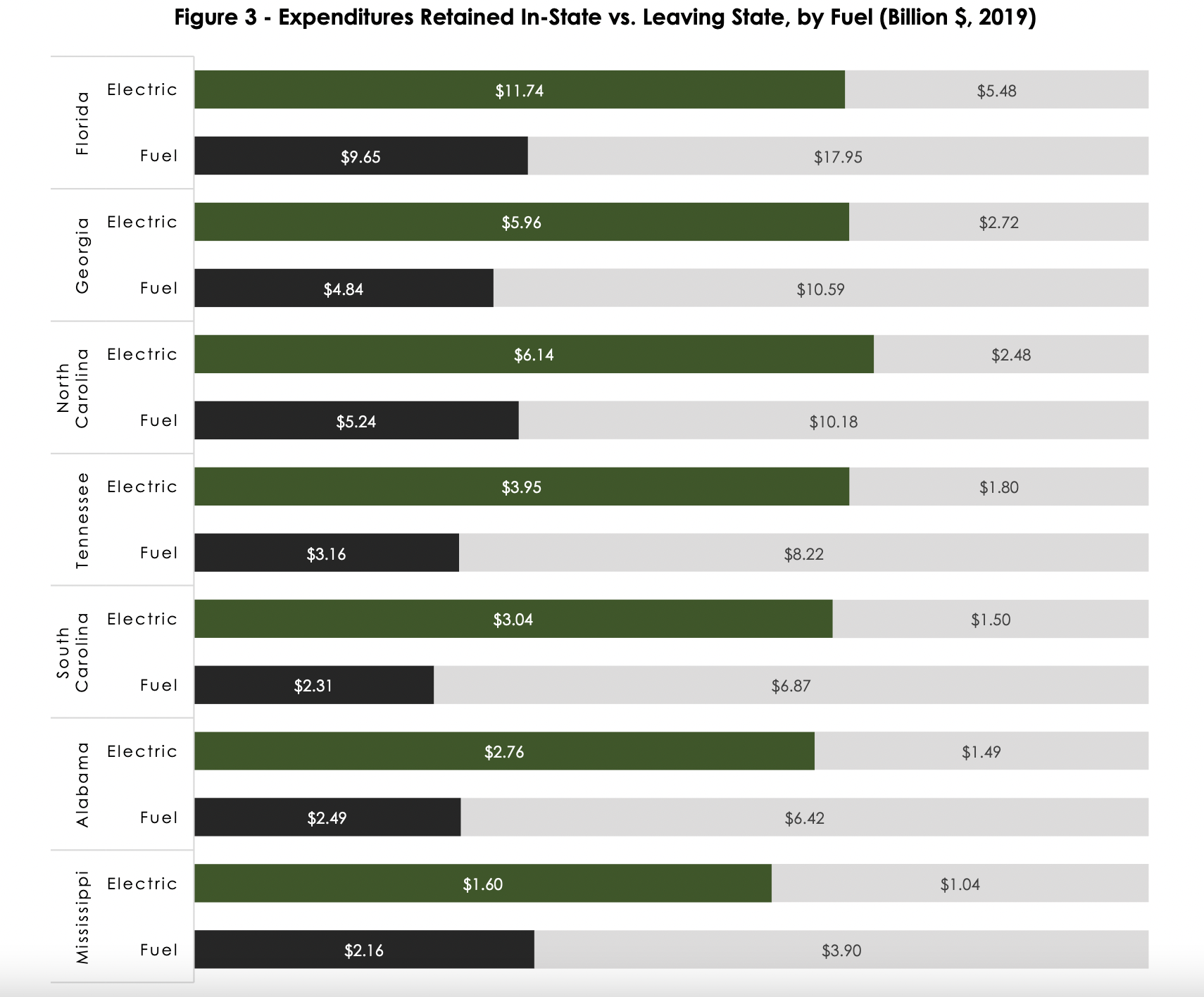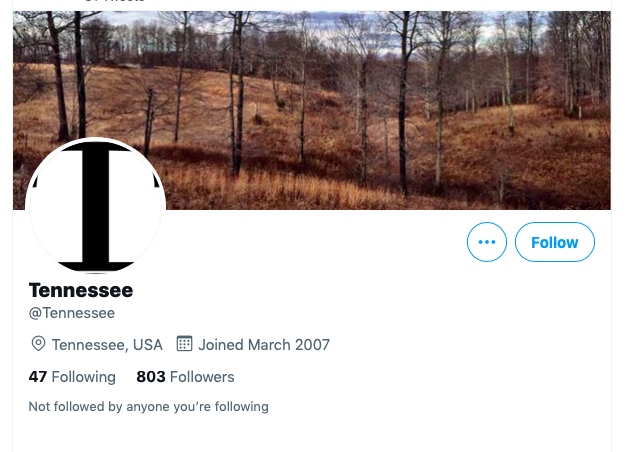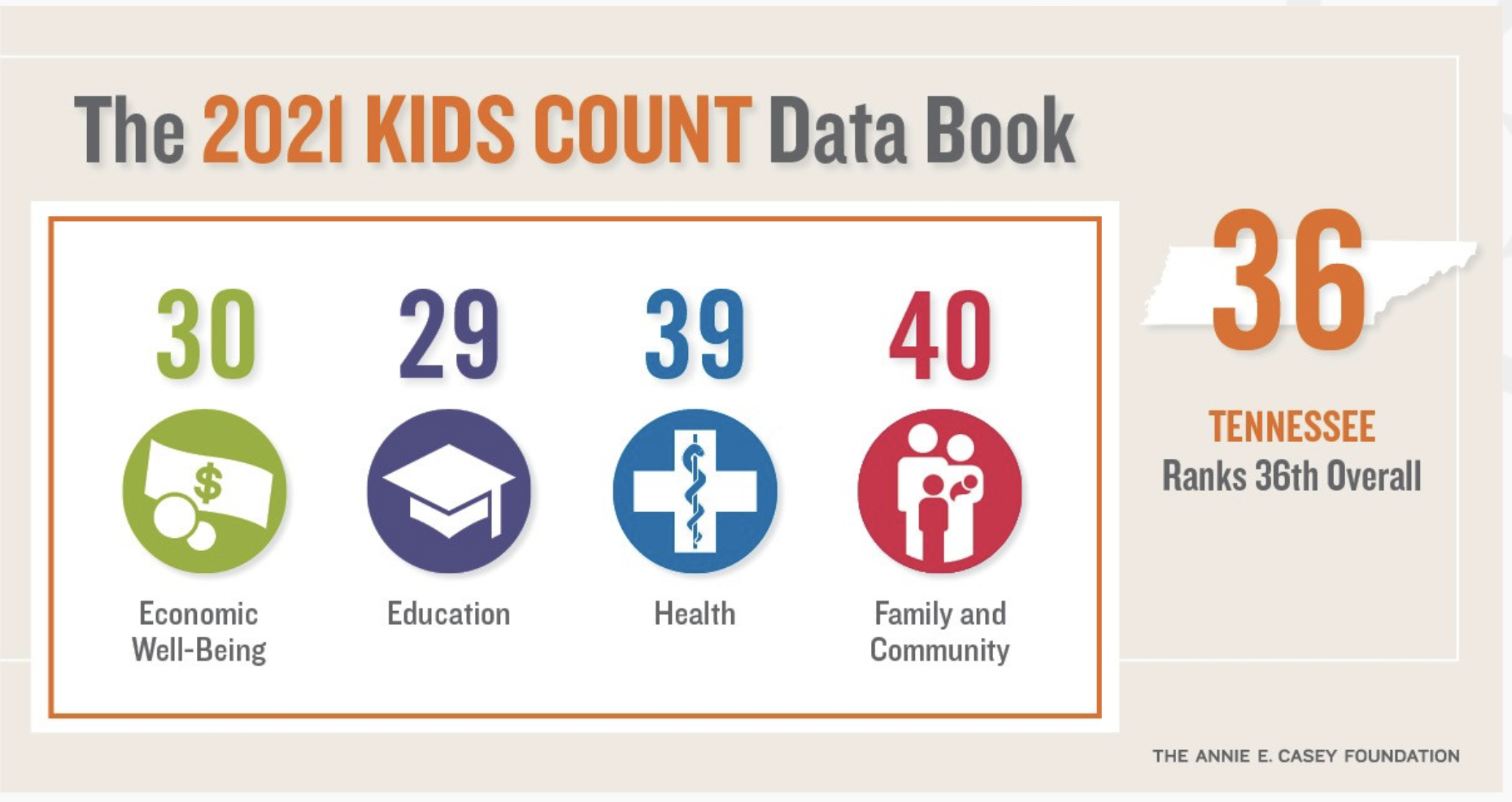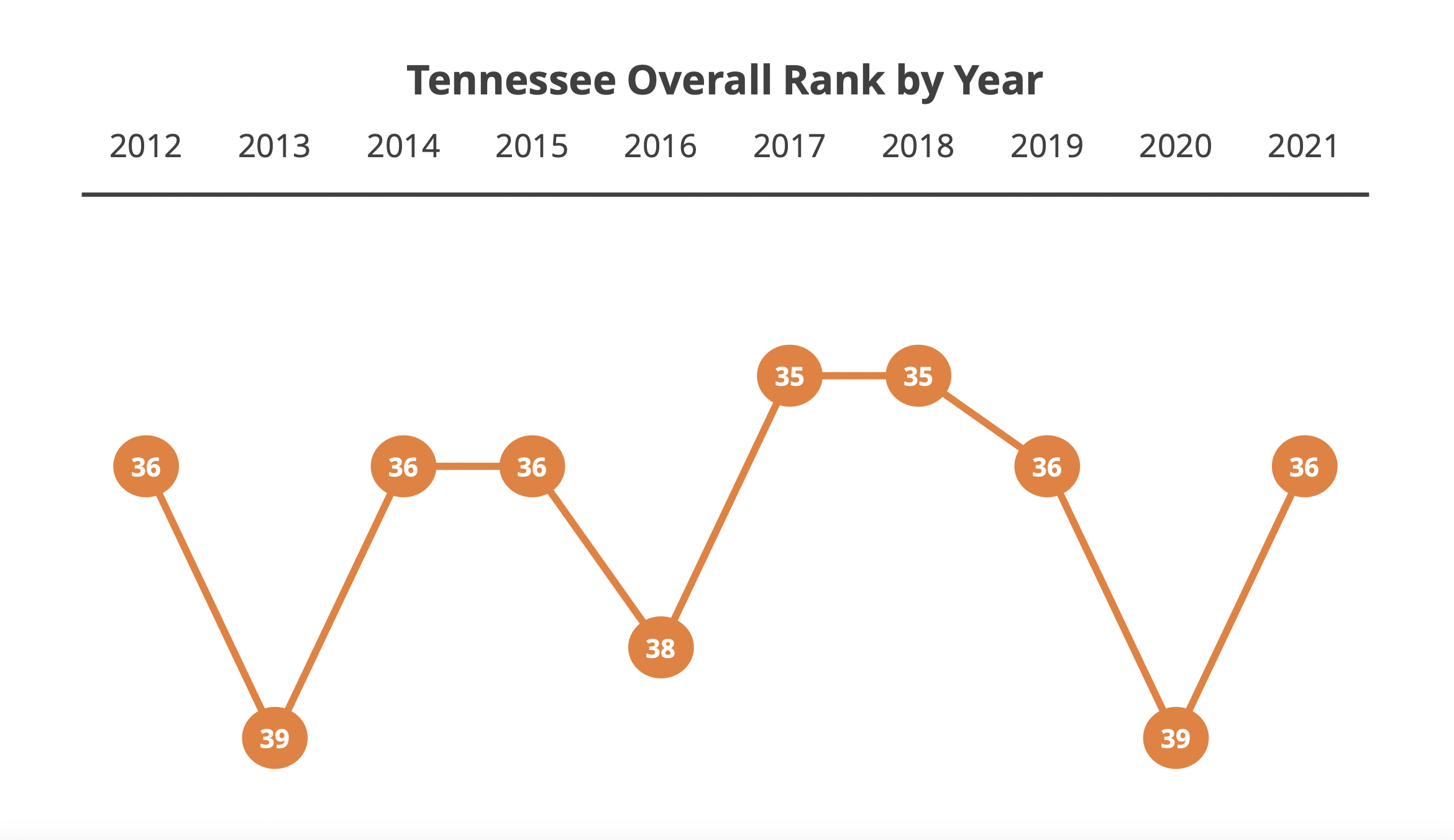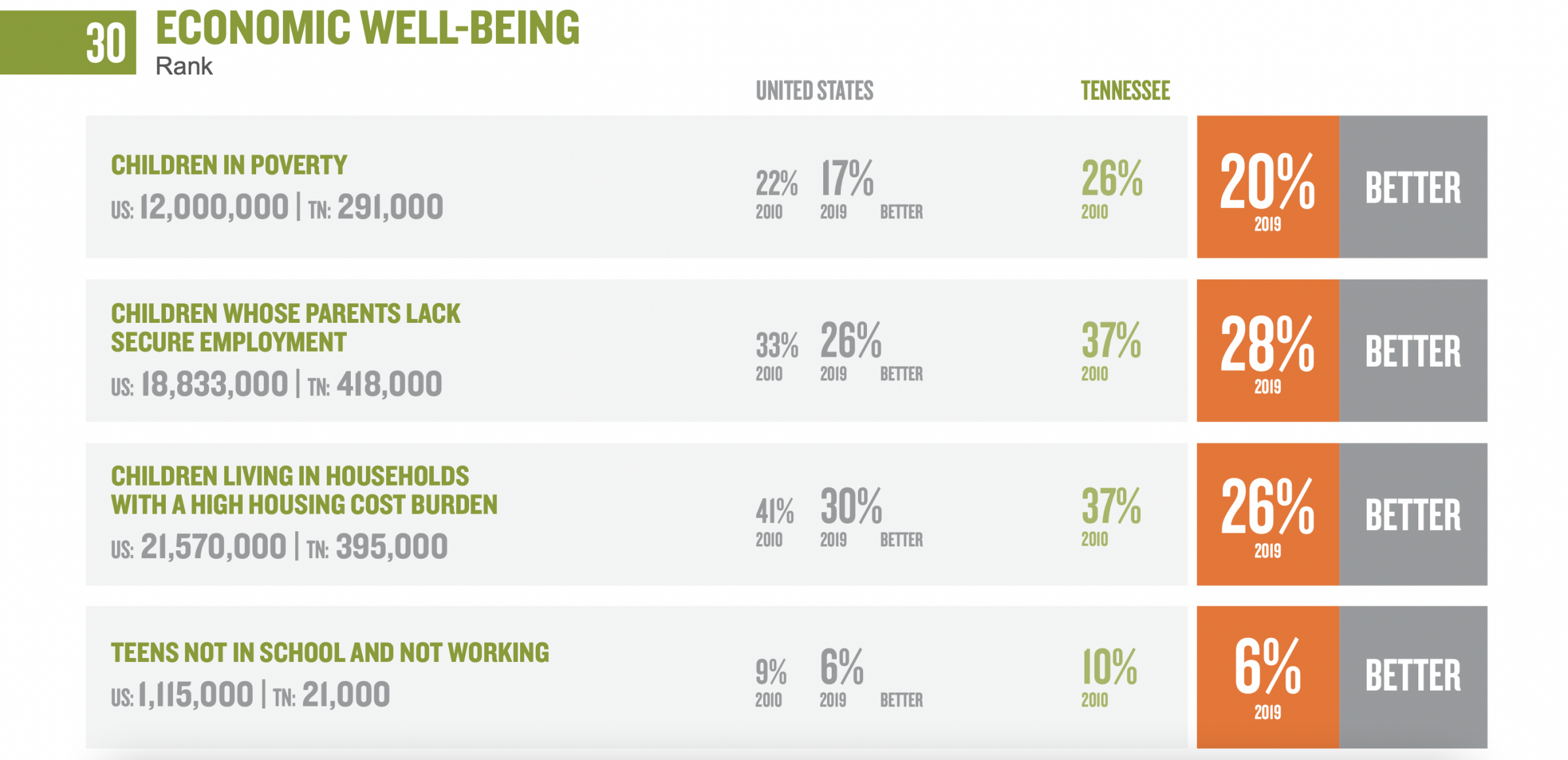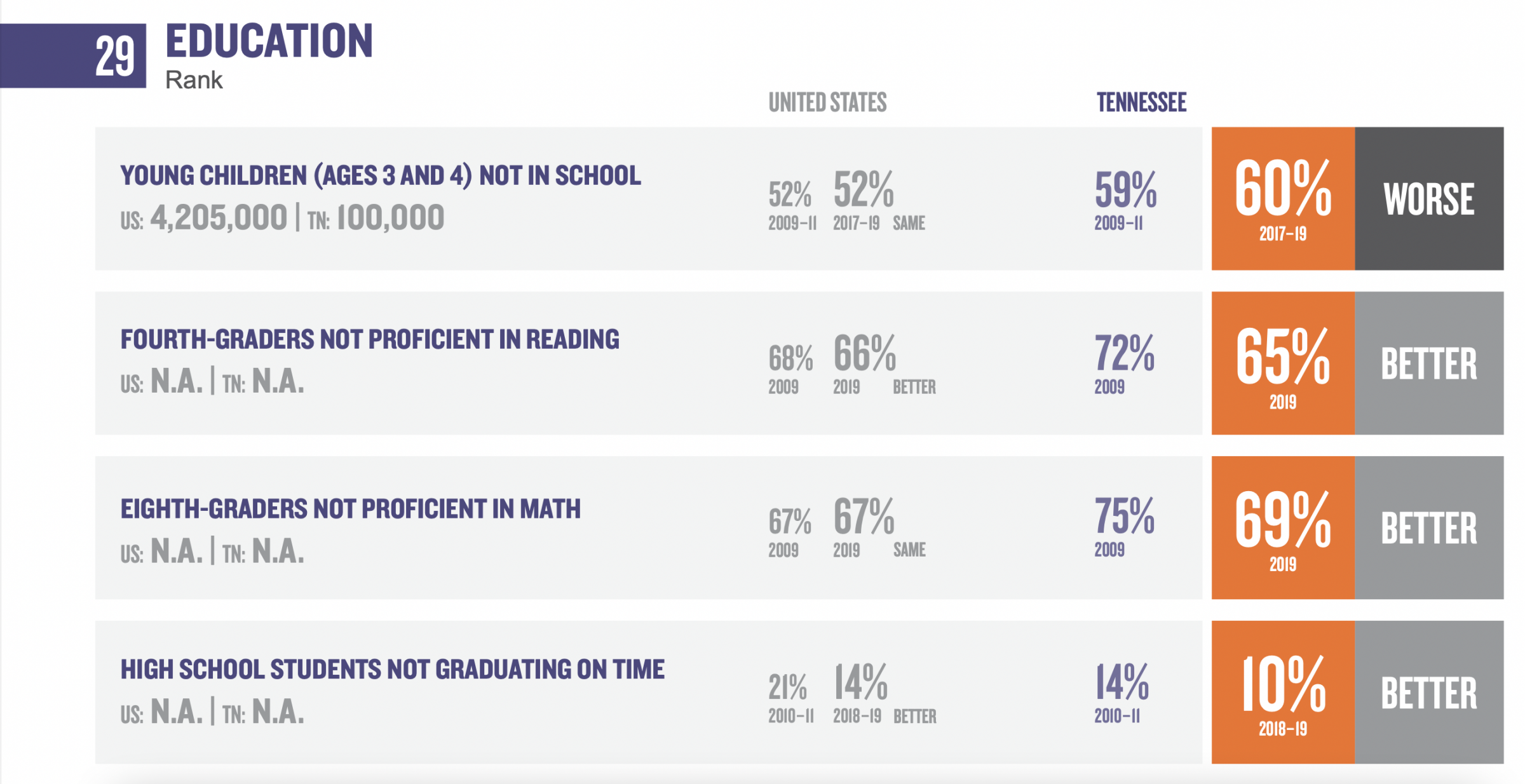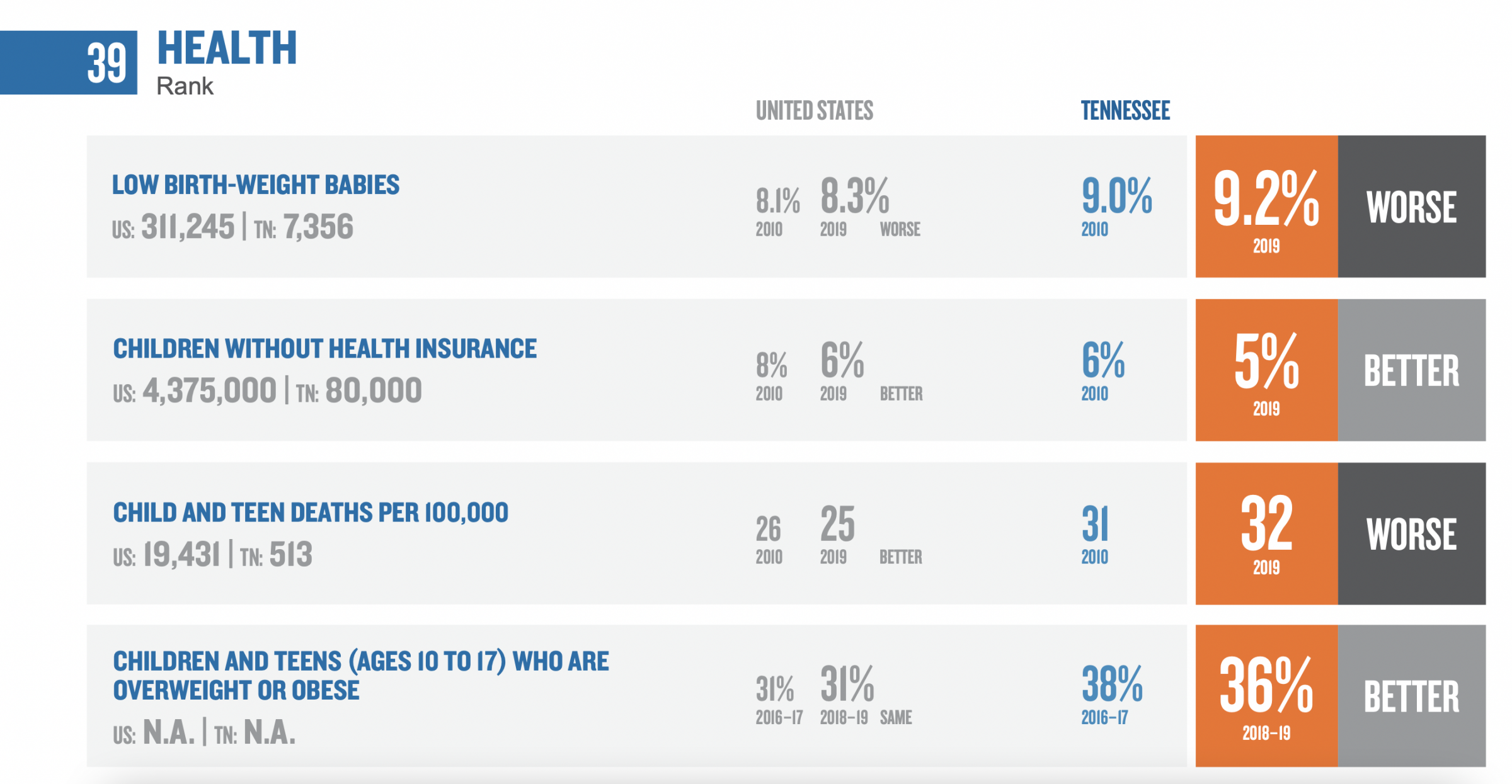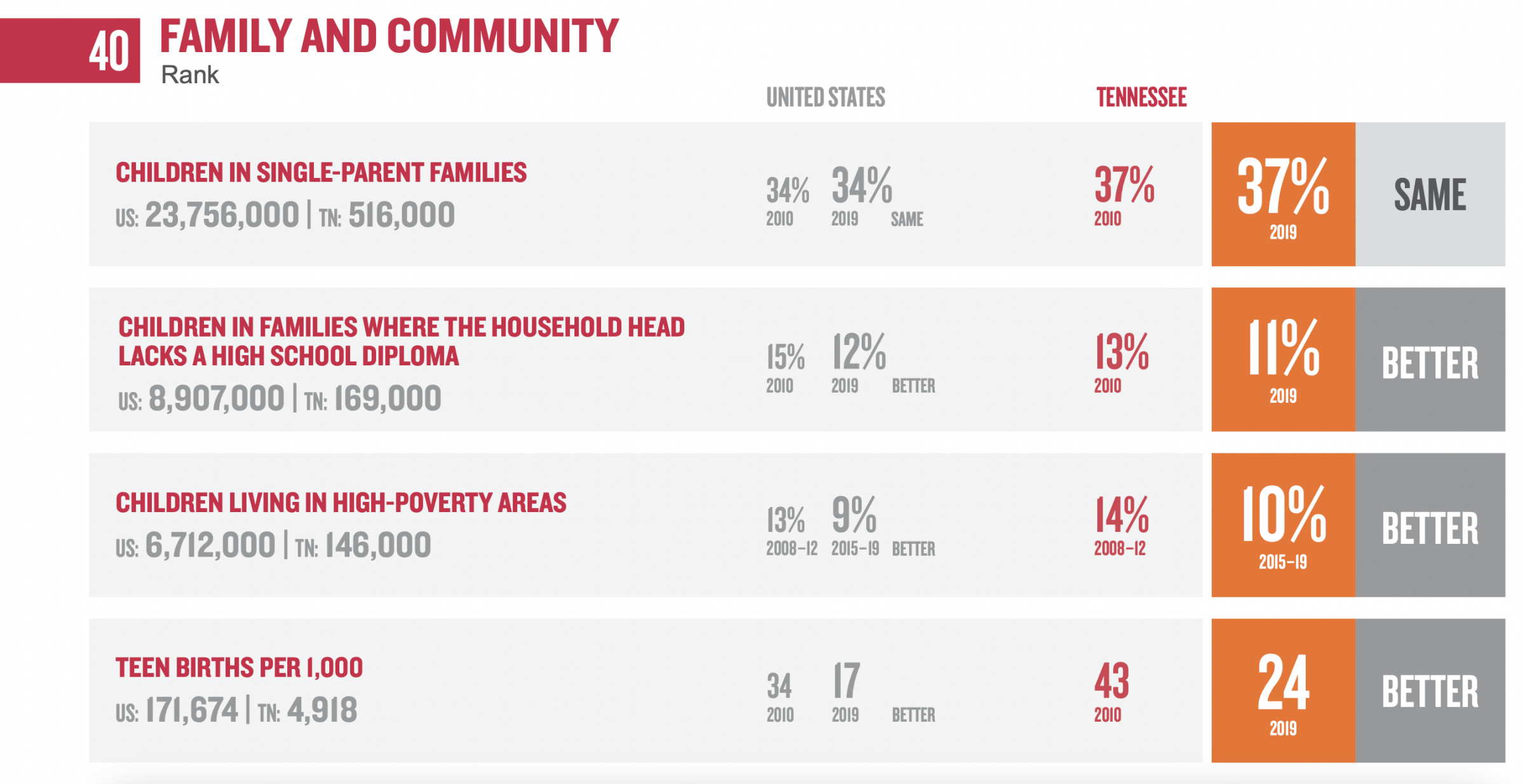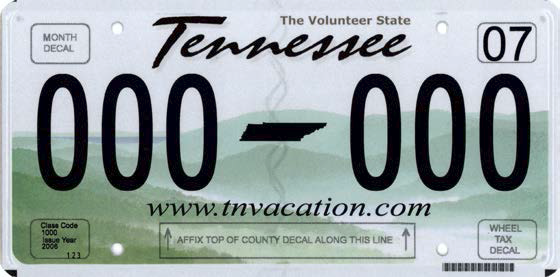The I-40 exit for Highway 13 is pretty typical, as these things go. There’s a McDonald’s, three gas stations, a couple of chain restaurants, four motels. Numerous signs tout Loretta Lynn’s Ranch and Resort, just up the road. A little north of Loretta’s place, 15 miles from the exit, sits the town of Waverly, Tennessee, home to 4,000 people and the site of a horrific disaster on the weekend of August 20th.
A freak storm hit the mountains to the east of Waverly that night, dumping 17 inches of rain in six hours near the hill town of McEwen, all-time record for the state. The only outlets for the water were five streams: Trace Creek, Blue Creek, Hurricane Creek, Tumbling Creek, and the Piney River. Waverly has the misfortune to be split by Trace Creek, normally a small clear stream, maybe 30 feet wide, three feet deep in its pools. But on this night, the placid little waterway became a deadly funnel for the torrential rain coming out of the highlands. Dozens of houses along the creek in Waverly, mostly modest frame structures, including some public housing — what locals call the “projects” — were inundated by the wave.
Twenty people were killed. Twin seven-month-old babies were ripped from their father’s arms; two teenage sisters were separated in the deluge. One survived; the body of the 15-year-old, last seen clinging to a piece of debris being washed downstream, was later found. Houses, cars, furniture, appliances, and the contents of more than 100 homes were flushed away.
As you enter Waverly, nothing seems amiss in the business district, which is on higher ground a couple blocks from the creek. But the two streets nearest the stream are a nightmarish wasteland: Houses sit in the middle of streets; cars are stacked against trees like ladders; washing machines, boats, fencing, furniture, books, televisions, and other human detritus are strewn everywhere. At a gas station, a house sits near the pumps, as if looking for fuel. An enormous dead wild boar floats belly-up in a backwater pool.
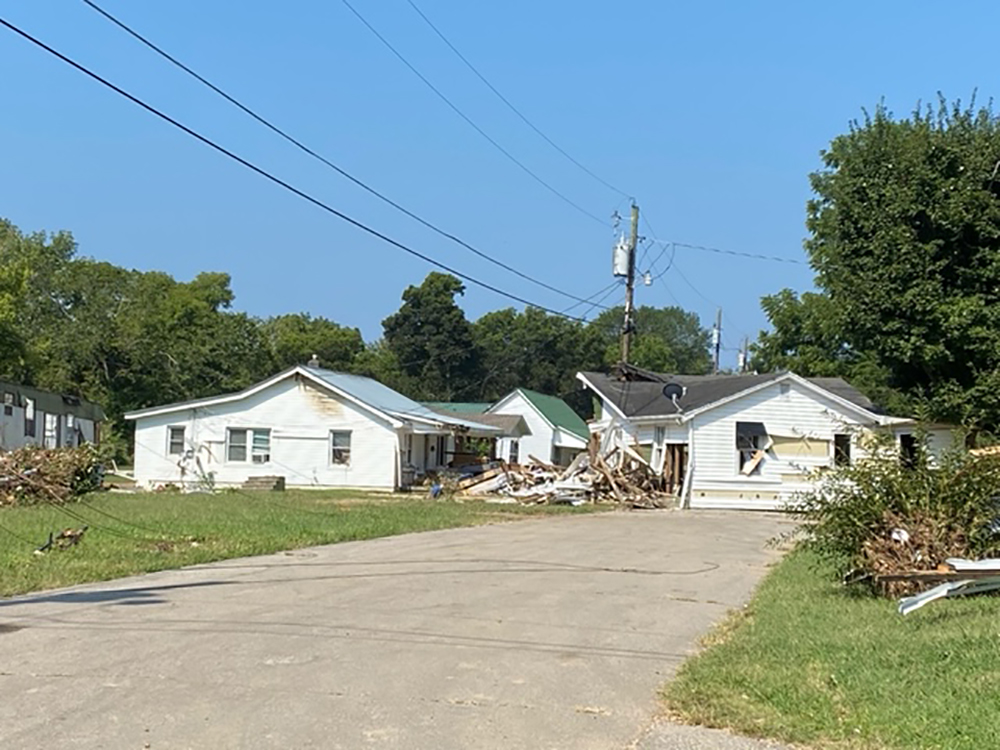
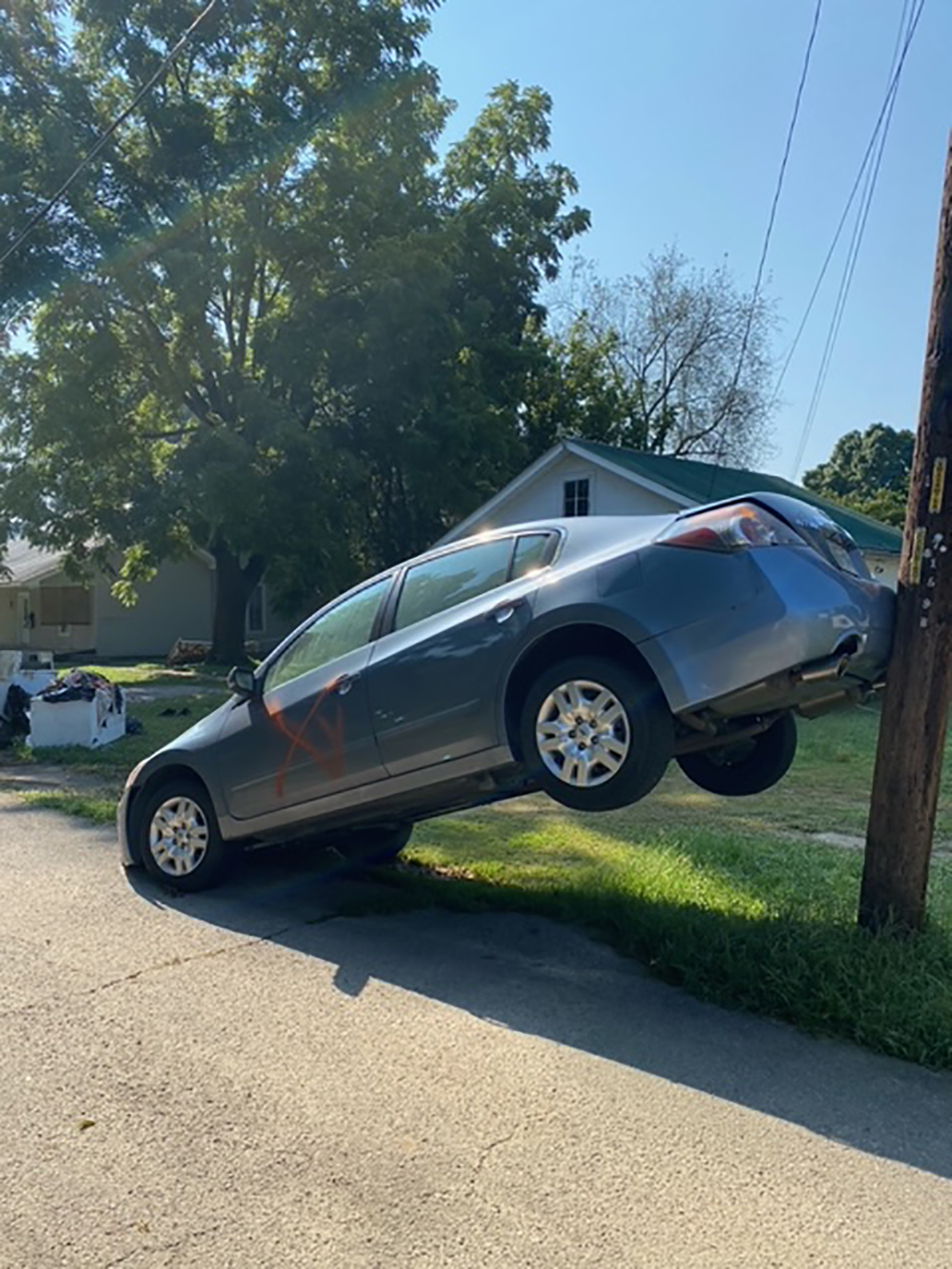


I wander the area, taking pictures, trying not to bother the National Guard and other salvage and cleanup operations. A Tennessee park ranger pulls up as I survey the trashed but now-tranquil stream.
“Is this your property?” he asks.
“No, I’m from a Memphis newspaper, up here to do a story.”
“Good,” he says. “All this just disappeared from the news in one day, and it’s just unbelievable what happened here. Go ahead, just be careful.”
I approach a man and woman sitting on the porch of a white frame house that looks largely unaffected by the storm. Across the street, a house sits cockeyed on its foundation with a pickup truck standing nearly vertical in the yard. Tricia and Chris Wilcher, mother and son, have stories to tell.
Tricia was home and saw the water rising, which isn’t uncommon in Waverly. Creeks rise. “We’ve lived through lots of flooding here, but nothing like this one,” she says. “People were out looking at the water. At first it looked like a monster crawling around on the ground between the houses, then BOOM, it was like a tsunami — and everything just got swept away.”
How does a tsunami happen in the middle of Tennessee? The current thinking is that a massive amount of water pooled behind a railroad track bed that suddenly gave way. Chris Wilcher says he witnessed it. “I was on my way home from work in Nashville and I stopped in Gorman because the roads were getting flooded. You could see the water building like a huge lake behind the railroad tracks up there. Then it started pouring over the tracks, then the bed gave way, and all that water just rushed out at once. It looked like a dam had broken, or like the levees with Katrina.”
“Chris saw that and texted me and said, ‘Mom, you have to get out. Lots of water is coming,’” says Tricia. “A friend of his came and got me. Water didn’t get into our house, but it came up to the porch. I’m still having nightmares about it. I’m still shaken.”
She’s not alone. A lot of people are shaken in Waverly. A week after the horror, they stand watching bulldozers clear the streets, everything they owned, gone or destroyed.
On my way out of town, I notice a young woman in shorts and tank-top walking in Trace Creek with a wading stick. She pokes at debris, moves tree limbs, then wades on, looking for something, something that’s likely gone forever.
For information on how you can help, call the Red Cross Disaster Health Services in Waverly: 1-800-REDCROSS.
